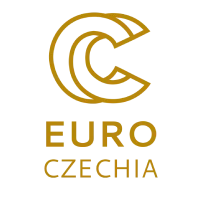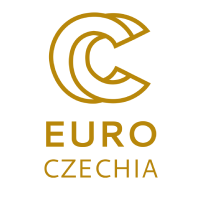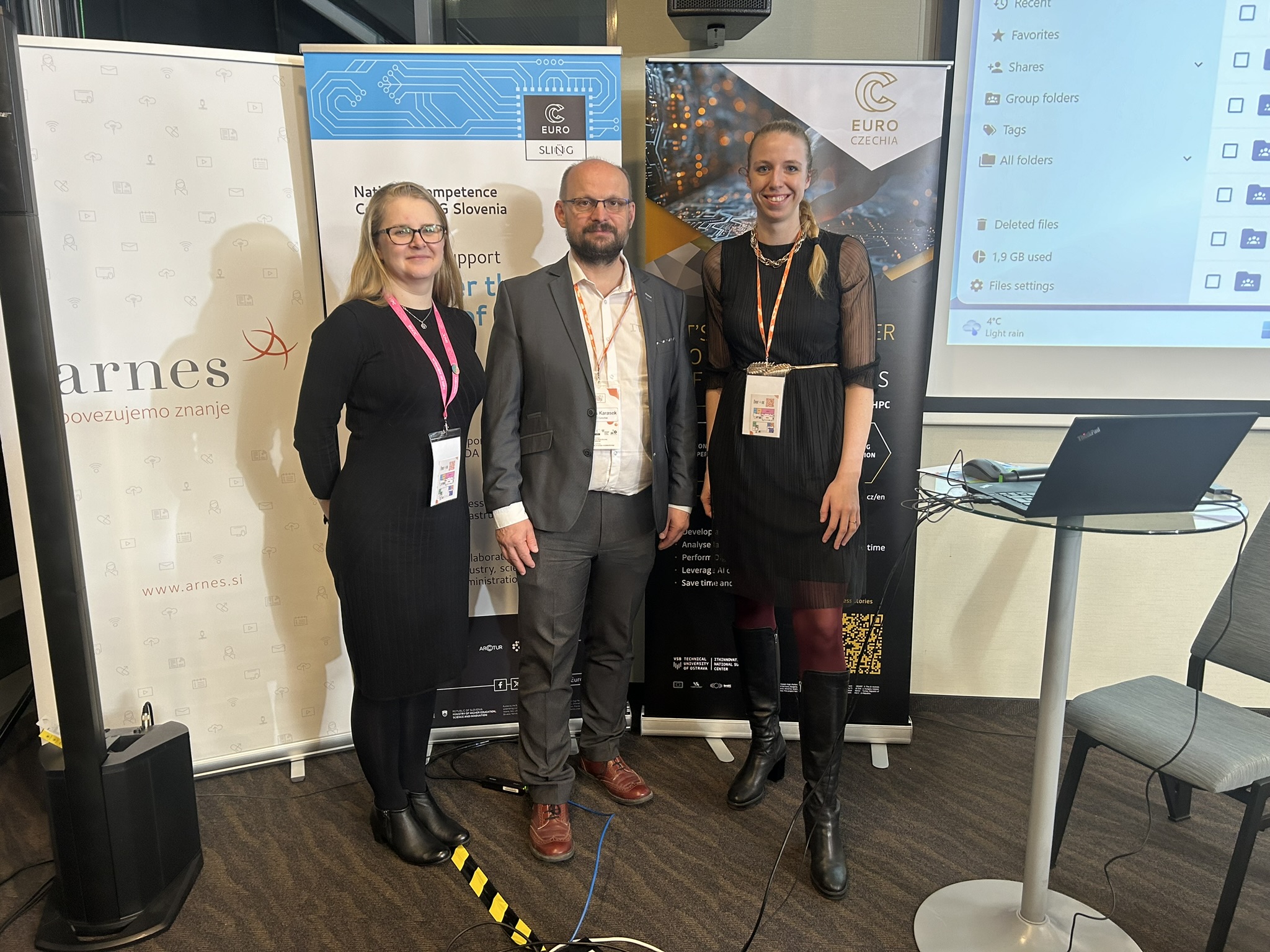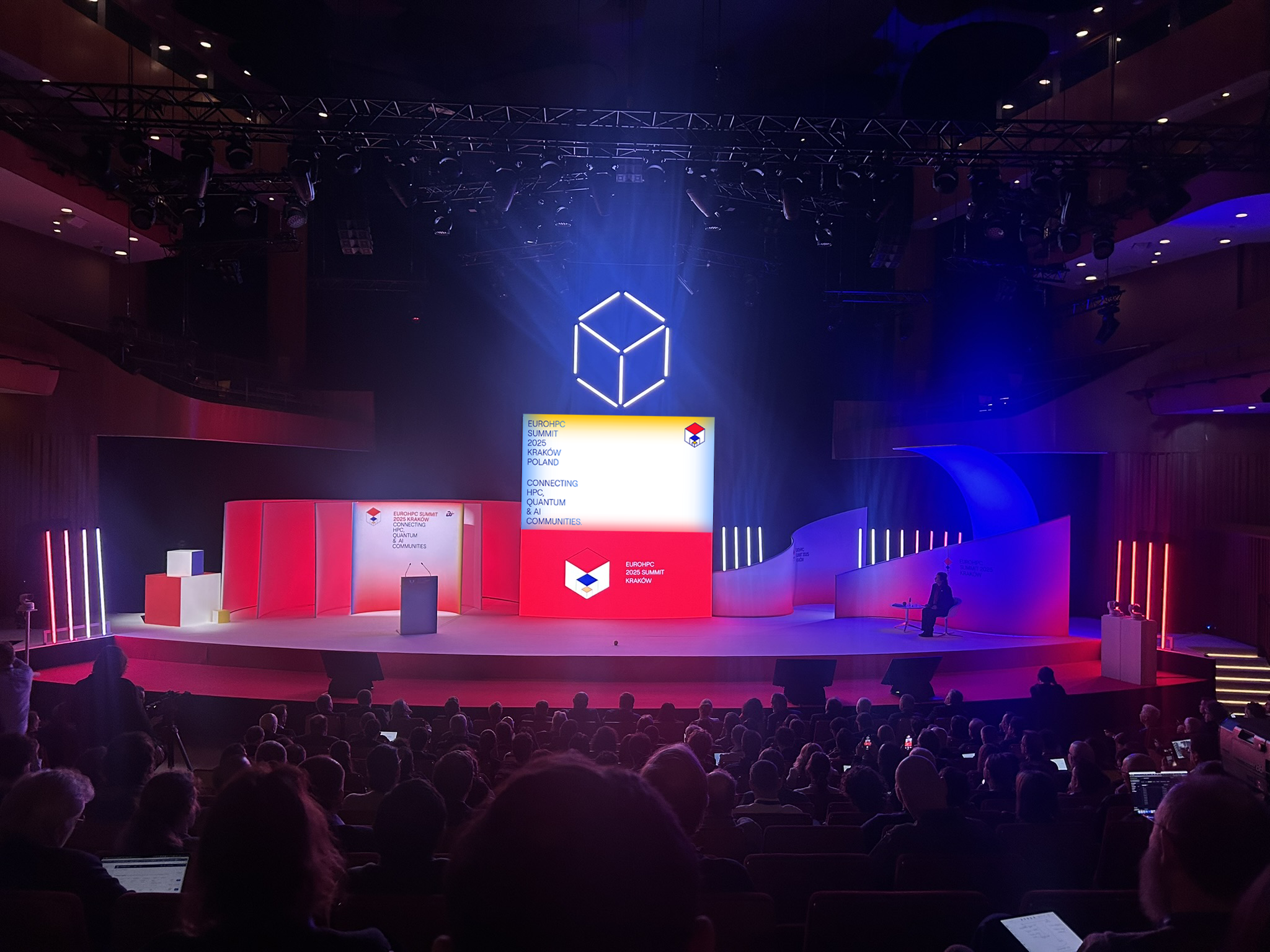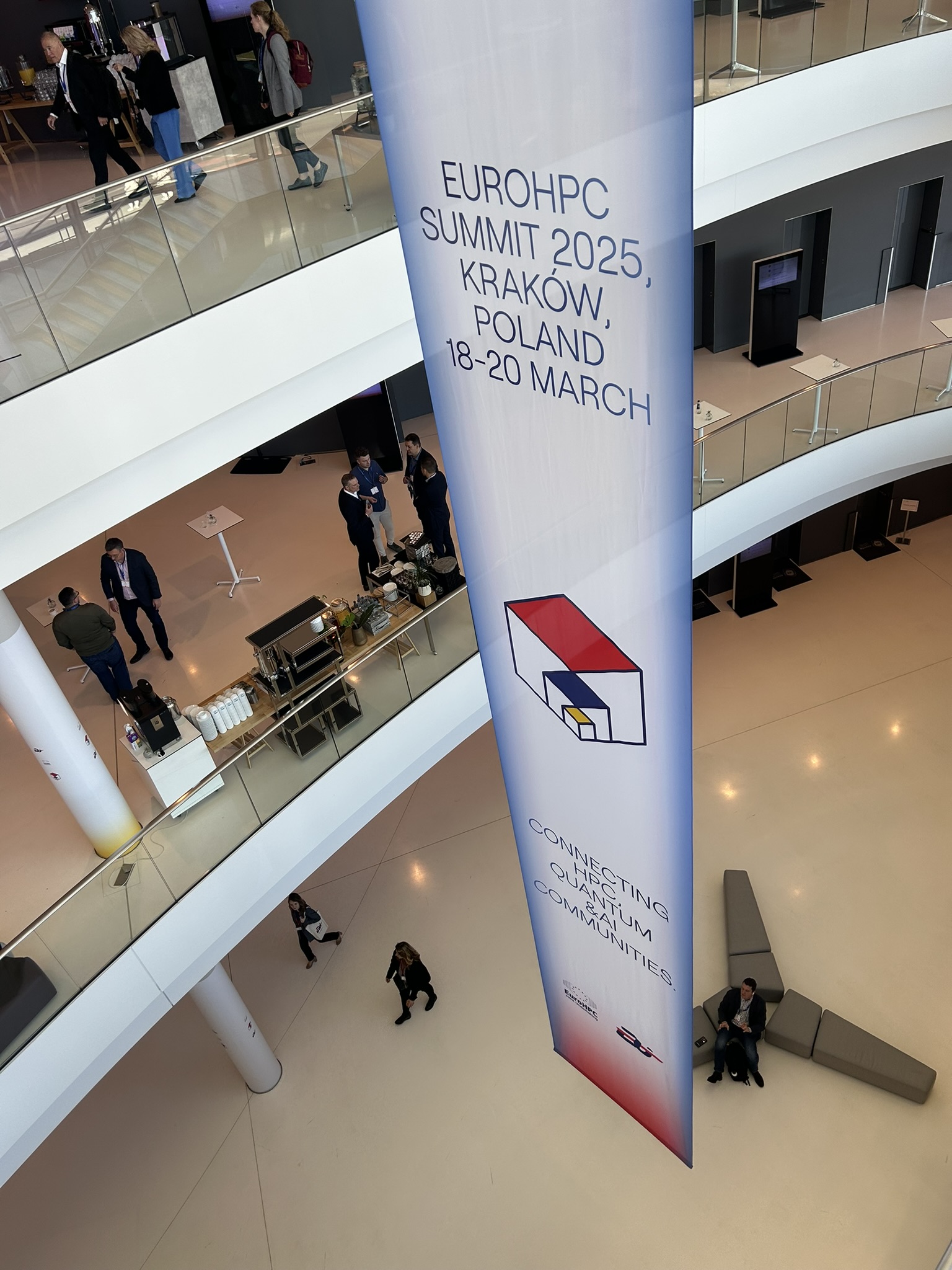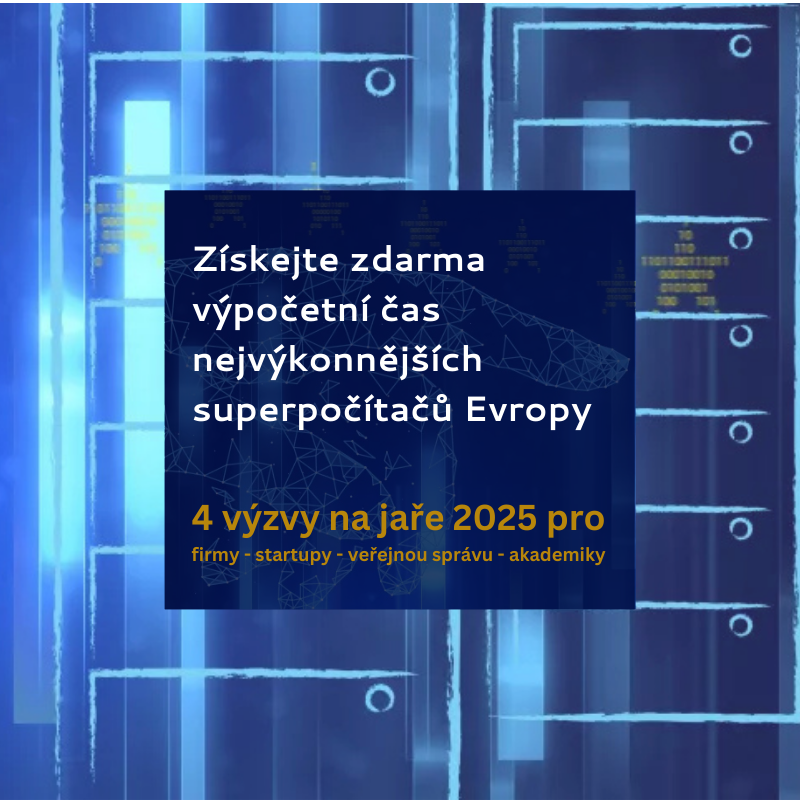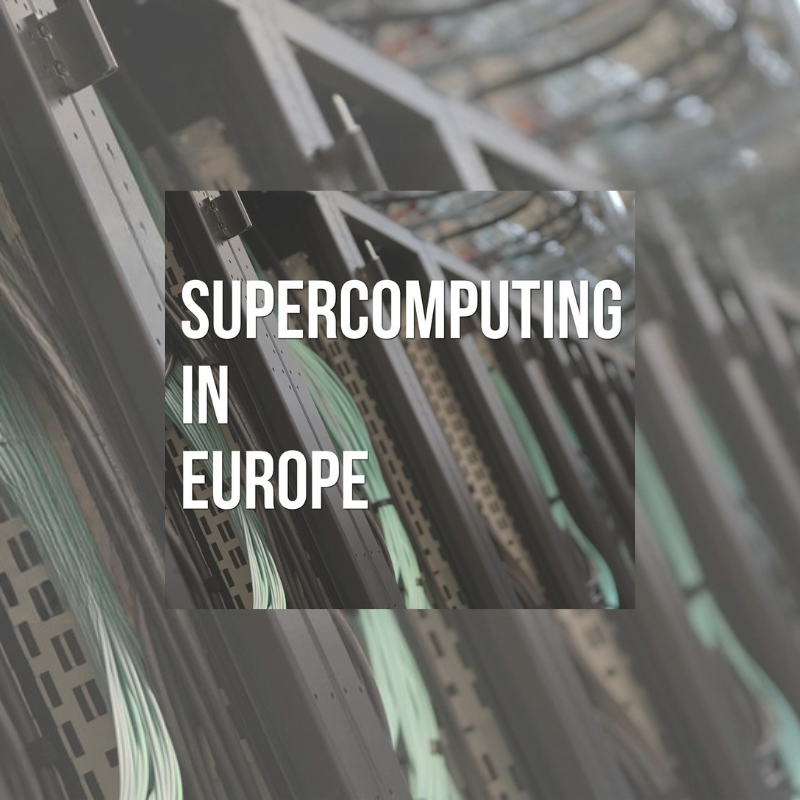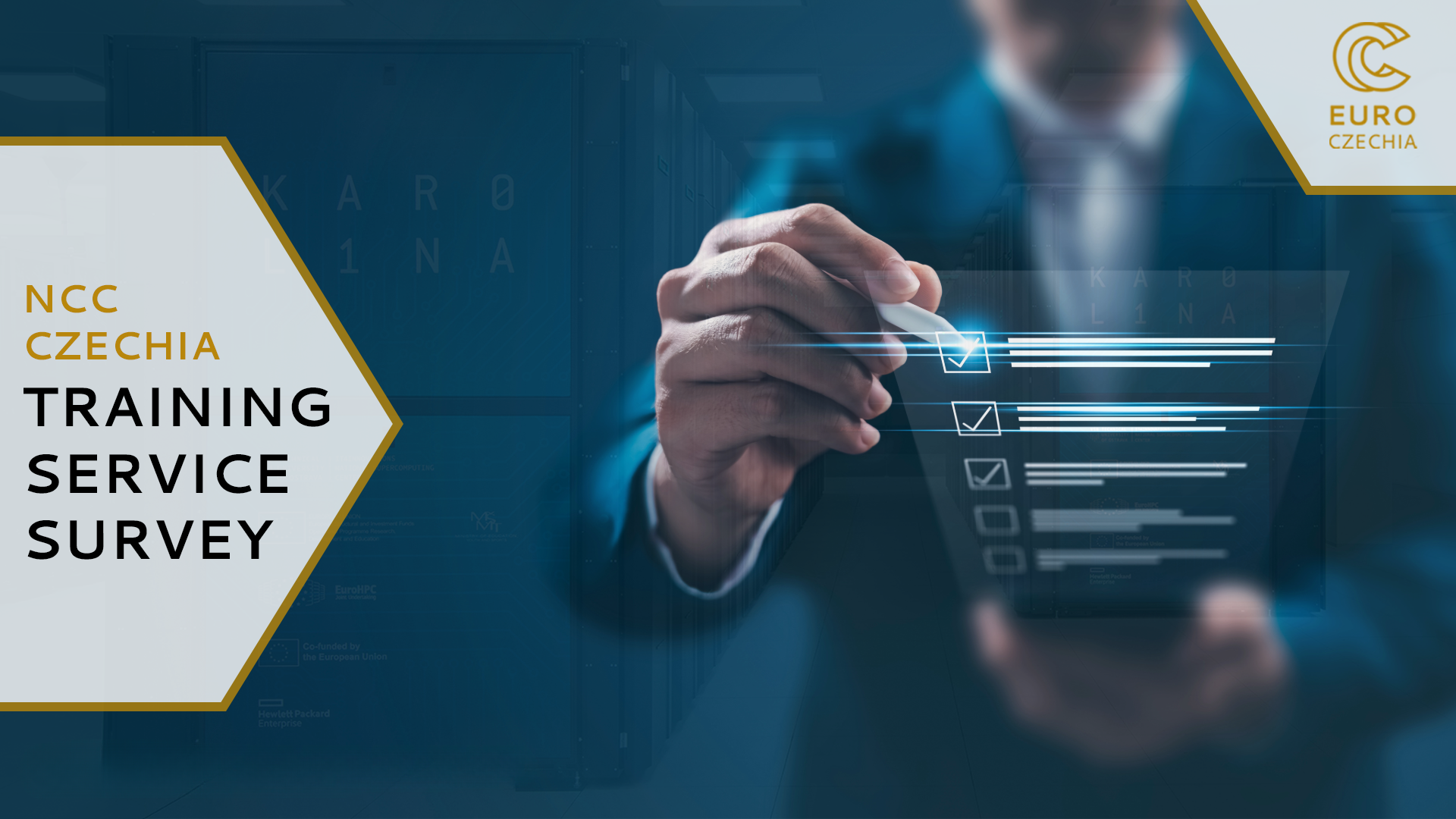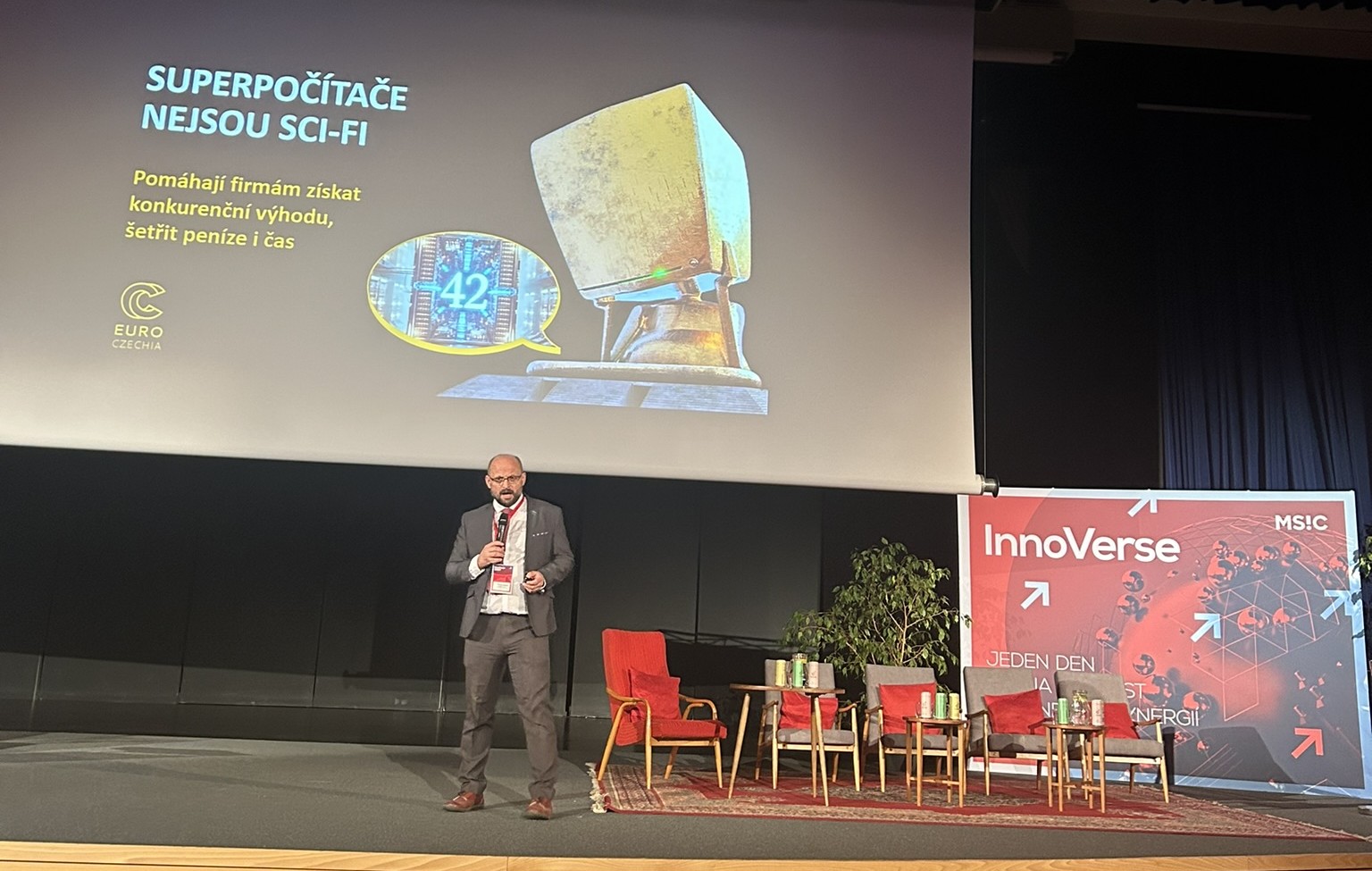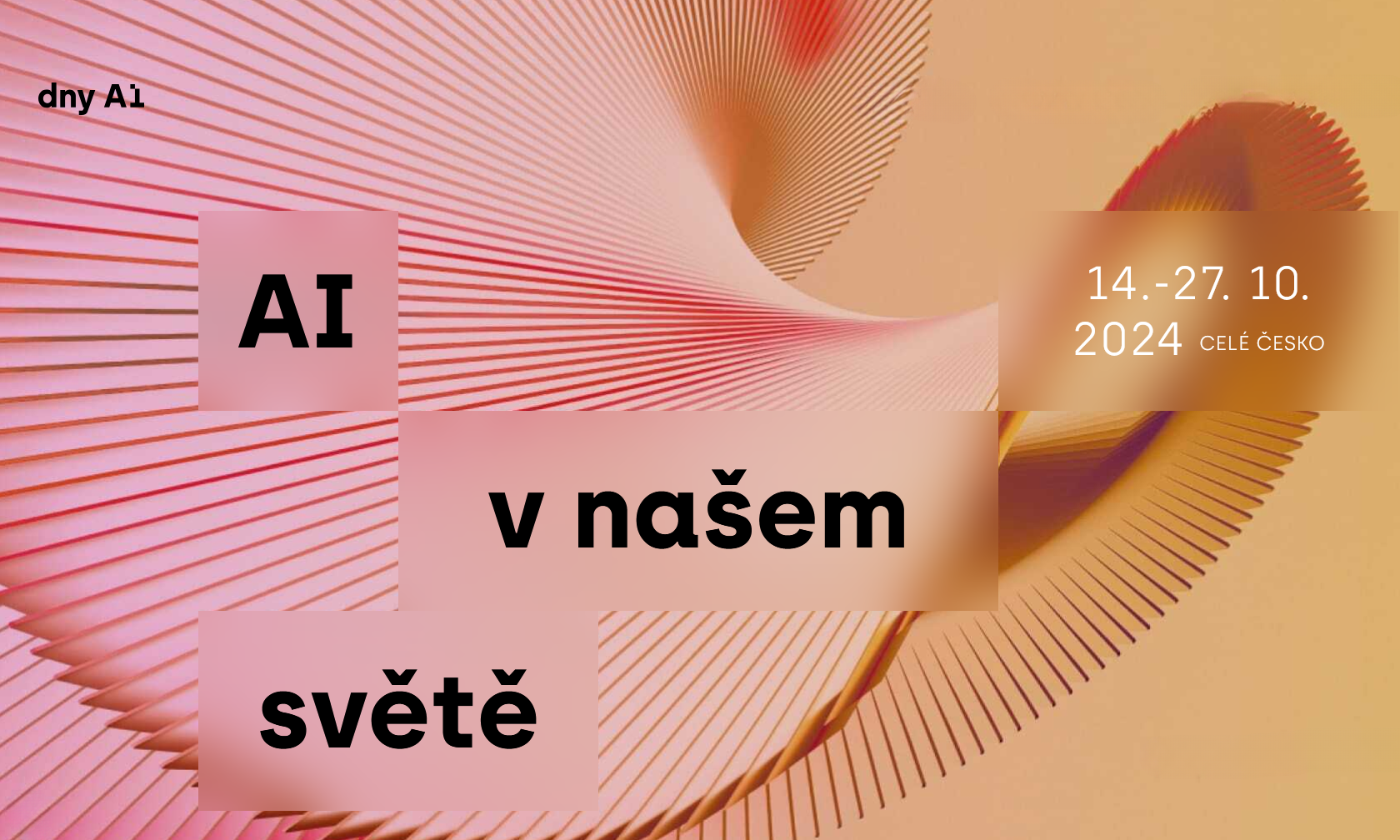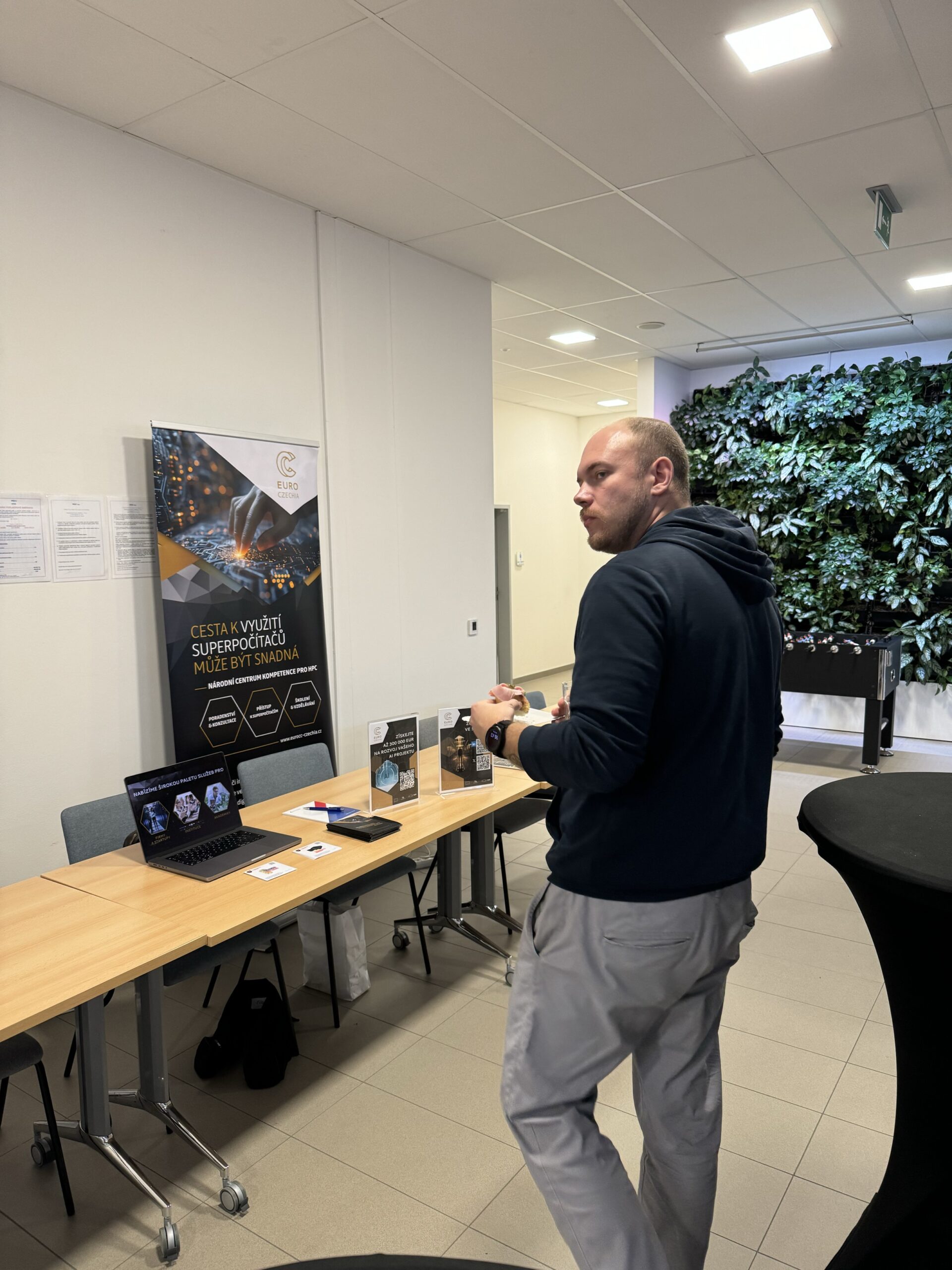This year´s edition of the Slovenian Supercomputing Network Days 2024 conference, which took place in Ljubljana from 3 to 5 December, brought together experts in supercomputing and artificial intelligence, as well as representatives of the National Competence Centres in High-Performance Computing (NCC in HPC) and Centres of Excellence (CoE).
The event was organised by EuroCC SLING, the Slovenian NCC in HPC, which presented its areas of operation and services, the Slovenian supercomputing infrastructure (especially the VEGA supercomputer) and its planned upgrades. The lectures focused on success stories of using supercomputers in research and industry.
The Czech NCC in HPC was represented by Tomáš Karásek, who presented a paper on best practices in networking and developing cooperation with companies. Sharing our experience was highly interesting and inspired other participants to join the discussion. Moreover, sharing our experience in developing effective training programmes and gathering information on users’ training needs was also met with interest.
The conference was preceded by the Central European Regional Group Meeting, where we discussed current topics and challenges with colleagues from the Polish, Austrian, Croatian, and Dutch NCCs in HPC. This dialogue fostered our regional cooperation and created the basis for further joint projects.
A recording of the whole event is available here.
Follow us!
You will never miss new courses and updates.
